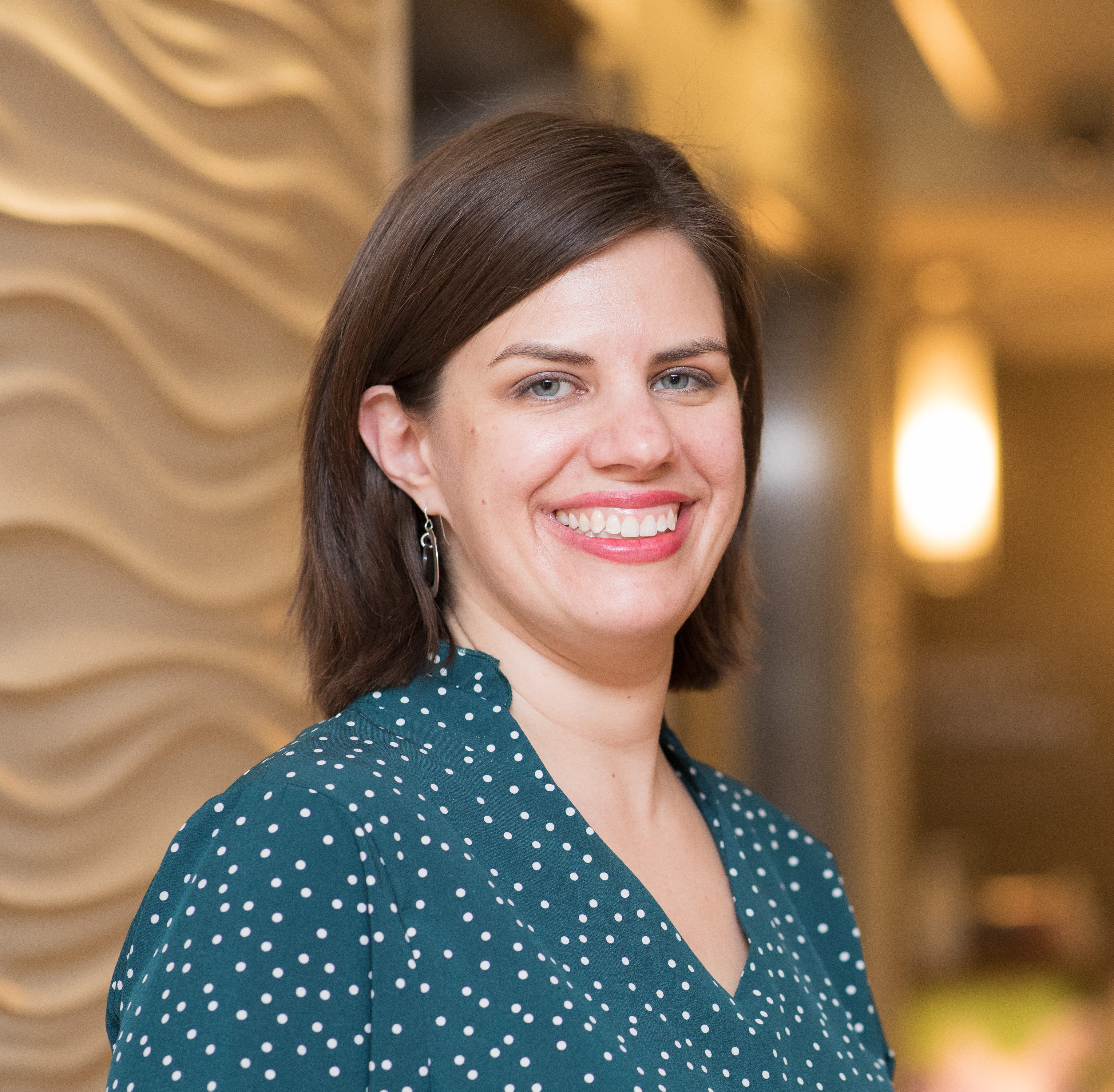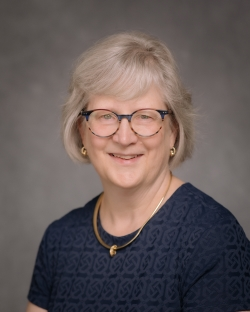Education & Training
Our commitment is to be outstanding in education at all levels of instruction in Neonatology.
Medical Students
Students can rotate in a sub-intern role on our NICU. We aim to provide a foundation of knowledge about normal fetal development, physiologic adaptations that take place during transition from intra- to extra-uterine life, and normal growth and development during the neonatal period. This knowledge base can then be used to better understand the congenital problems and disease processes that present in the newborn and to formulate appropriate treatment plans to medically support critically ill infants and provide a foundation for caring for well and sick newborns during residency.
Interns & Residents
We aim to teach residents from multiple programs the skills needed to recognize medical problems commonly encountered during the newborn period, and to formulate appropriate evaluation and treatment plans. Through direct patient care and simulation programming, residents will also attain the necessary skills to evaluate and stabilize a critically ill infant and transport the child to a facility that can deliver an appropriate level of care. All pediatrics and medicine-pediatrics residents at the University of Minnesota complete required rotations on the NICU at University of Minnesota Masonic Children’s Hospital, and may also participate in various elective opportunities. Residents in other local programs rotate on the NICU at our other sites.
Neonatology Fellowship Program
We have a longstanding ACGME accredited fellowship program in Neonatal-Perinatal Medicine with a focus on preparing an individual to be the leader of an NICU health care team, as well as a leader in education and scholarly activity in the field. The principal goal of this program is to prepare Neonatology fellows for careers in academic neonatology. Training encompasses high level neonatal care, delivery room experience, the management of infants requiring subspecialty consultation or surgical intervention (including cardiac surgery and ECMO). An additional focus on learning how to communicate with other health care professionals, parents and referring physicians is a major factor emphasis of the program. While clinical competence is an important part of training, the majority of time in the program is spent in the pursuit of scholarly activity, as described by the ABP. This includes training in basic, translational or clinical research, as well as QI/QA and educational research. All fellows learn the basics of research design, collection and analysis of data, manuscript and grant writing. All graduates demonstrate the necessary attitudes, knowledge, clinical judgment, and research abilities, technical and interpersonal skills necessary to succeed as a neonatologist.
Continuing Medical Education Physicians in Practice
We aim to teach the skills necessary to stabilize ill neonates and recognize those who may benefit from transfer to a newborn intensive care unit. A principal goal of the Division is to teach physicians in practice the skills needed to provide ongoing care for those infants who can safely remain within their own facilities or, once stable, can be transferred back from tertiary and quartenary care units.

Fellowship Program Director
Johannah Scheurer, MD
Assistant Professor
krueg080@umn.edu
Full Bio

Associate Program Director
Catherine Bendel, MD
Associate Professor
bende001@umn.edu
Full Bio